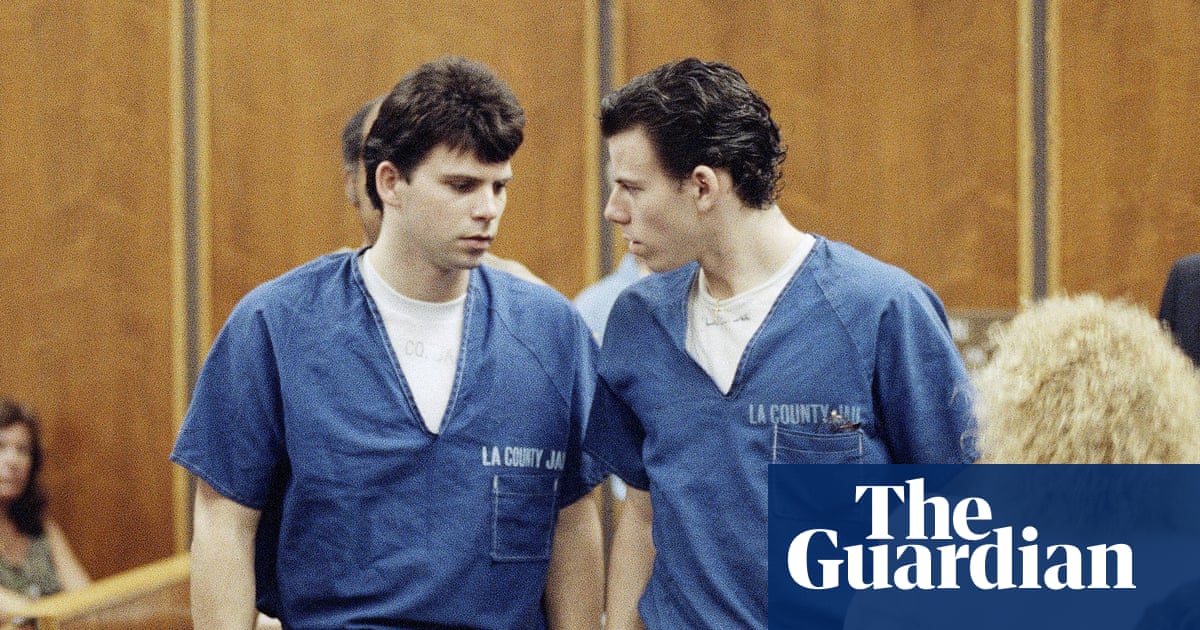The other day, a visiting friend and I planned a trip to the seaside. I was taking her on the scenic route to the station, ambling happily along, when she pointed out: we might miss our train.
We made it with seconds to spare. My friend was very understanding, but it was a wake-up call.
In general, I prefer to go with the flow. Being self-employed (and without dependents) makes this possible, but I also hate feeling pressured by a schedule.
Part of my motivation for leaving my job five years ago was to avoid the morning rush. Despite my best efforts to make the daily 8.45am meeting, I’d always end up slinking in at 8.47am, already feeling like a failure.
Working from home has allowed me more day-to-day ease – but my friend’s visit made me think I’ve perhaps become too comfortable with cutting things fine.
It’s not just trains (and planes – a costly mistake). I’m often optimistic about how long a task will take, resulting in a last-minute rush and entirely preventable stress.
Behavioural scientists call this “event time”, meaning my internal sense of time guides me more than the clock. “Clock-timers”, on the other hand, instinctually organise their lives around external cues – eating lunch at the same time every day, for example. At work, they might spend a set amount of time on a work task, then declare it finished.
For an event-timer, the “end” is open-ended: how long is a piece of string?
Day-to-day, time can feel like it slides through my fingers; hours pass in a blur. The shapelessness of time – that sense of days rolling into one – troubles me, while those peaks of stress are all the more misery-inducing for being self-imposed.
Could I be managing my time better?
Your relationship to time is the “essential ingredient” in how you experience your days, argues Ian Taylor in his new book Time Hacks: The Psychology of Time and How to Spend It.
When you feel that your time is well spent, there’s a sense of flow, says. Taylor – like when I know that I’m free to take the scenic route or fall into research rabbit holes. But if how you pass your hours doesn’t align with your values or wellbeing, for example, this can derail and degrade your life.
It’s more subtle than being overworked or burned out, says Taylor, who researches the science of motivation at Loughborough University.
Sometimes a sense of having “no time” can speak more to your outlook and environment than your workload. “If you’re surrounded by people who are frantically going from one thing to another, then you’re just going to get sucked along,” he says.
But Taylor cautions me against striving to “manage” my time: paying too much attention to the clock can actually be counterproductive. “This idea that time is completely inflexible and obdurate is, I think, putting a lot of pressure on.”
It’s natural to go in and out of high-pressure periods and downturns, he says, but fluidity – aiming for a lack of friction or strain in one’s schedule – might be a better goal than, say, an equal split between work and leisure.
One study found that people who report having very little free time “yet seldom feel rushed” are happier than others, he points out. Seamlessly going from one activity to the next, being busy but not feeling out of control, “is an optimum state”, he says.
For me, that means trying to shift, if only a bit, from event-time to clock-time – to recognise hard deadlines, give myself sufficient time to meet them, and prevent those uncomfortable sprints to the finish.
I need more clarity on where my time is going. For three days I track my activity on a spreadsheet, in 15-minute increments.
after newsletter promotion
Almost immediately, Taylor’s warning against email (“the lowest form of work”) is borne out: I spend twice as much time on my inbox as I had imagined, or intended. I realise some emails are busywork, sent mostly to make myself feel productive.
The other revelation of my schedule is a pronounced mid-afternoon slump. From 2pm to 5pm, my focus wanes so much that I struggle to even record what I’m doing. Looking back on the spreadsheet, I see I’ve coded hours-long chunks as “writing”, omitting a lot of brain-dead social-media scrolling.
There’s a mismatch here: I should tackle thinking-intensive tasks first, rather than ease into the day with email, errands and admin that could be done on low-power mode. I tend to exercise at 9am or 10am, but pushing it to lunchtime could extend my productivity.
Typically, Taylor says, your willpower erodes over the course of the day, meaning your best hours can easily be lost to admin. “Getting a bit of nourishment in first thing – making some small progress on your dreams or ambitions, however you want to phrase it – is particularly important.”
But seeking to wring the juice out of every hour isn’t advisable either. “I’m a big fan of scheduling nothing,” he says. A well-balanced schedule, powered by a mix of motivations – not just willpower – feels more effortless, Taylor says.
Identity is a powerful, often hidden influence on behaviour. For instance, a self-described bookworm doesn’t have to use willpower or external incentives to find the time to read; it’s easy. Similarly, thinking of yourself as a runner or a writer can be the first step to making that a habit.
If time is dragging or slipping away, there might be a disconnect between your sense of self and how you are spending your days.
More from Why am I like this:
“Think about your character and your values, and live in line with that,” says Taylor. “It takes a lot of effort and thought and reflection, but life will be a lot easier.”
If I want to start really giving myself enough time to catch a train or meet a deadline, I could try channelling my values – focusing on the unpleasant physical sensations of stress, the threat it poses to my sleep and good humour, and my desire to be a dependable friend.
I could also begin thinking of myself as a punctual person. But, Taylor says, what’s really important is avoiding “dead time”, or hours that feel wasted – and that will differ between individuals.
Those who get to the airport early aren’t necessarily more virtuous than I am. If they spend those hours anxiously spiralling, any peace of mind from arriving early might be negated, Taylor points out.
On the other hand, I’ll confess – for me, there’s no more life-affirming thrill than making my flight with a minute to spare.

.png) 7 hours ago
3
7 hours ago
3

















































